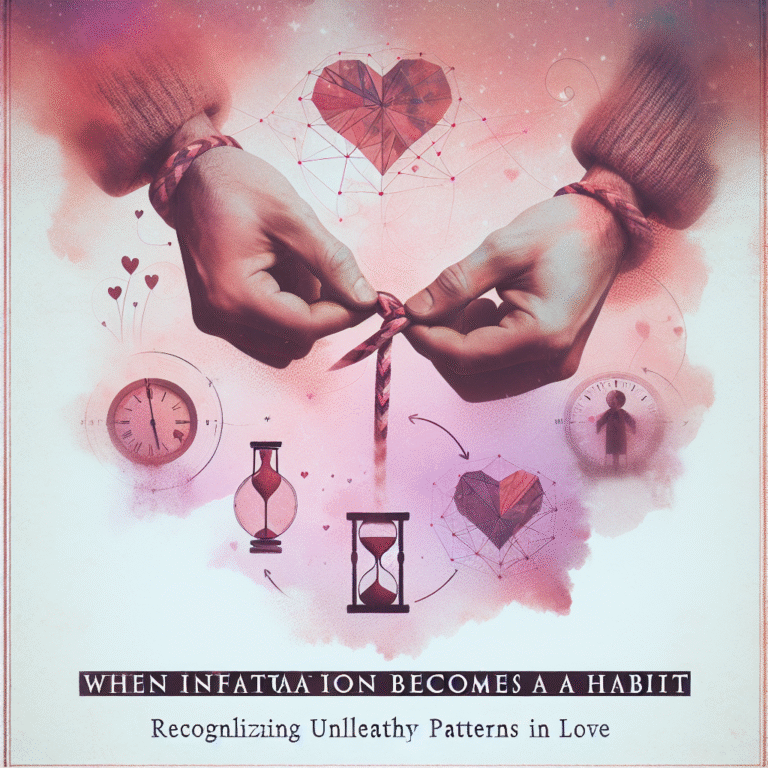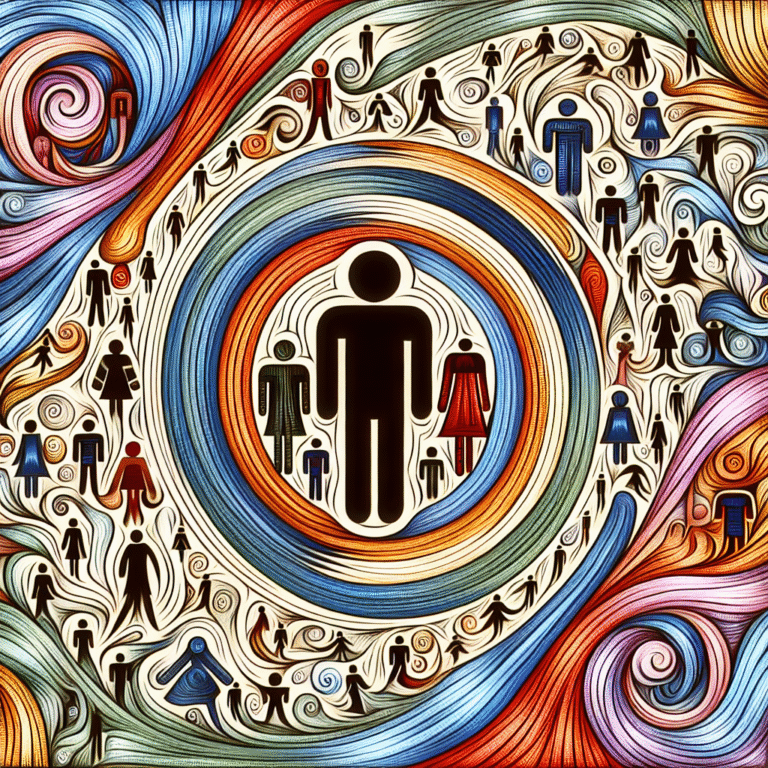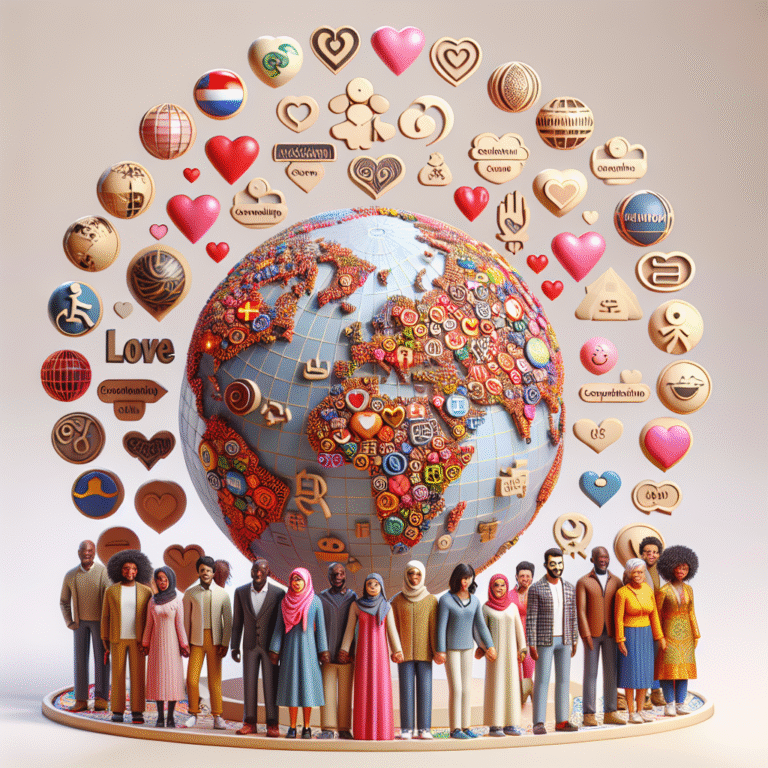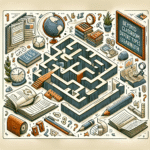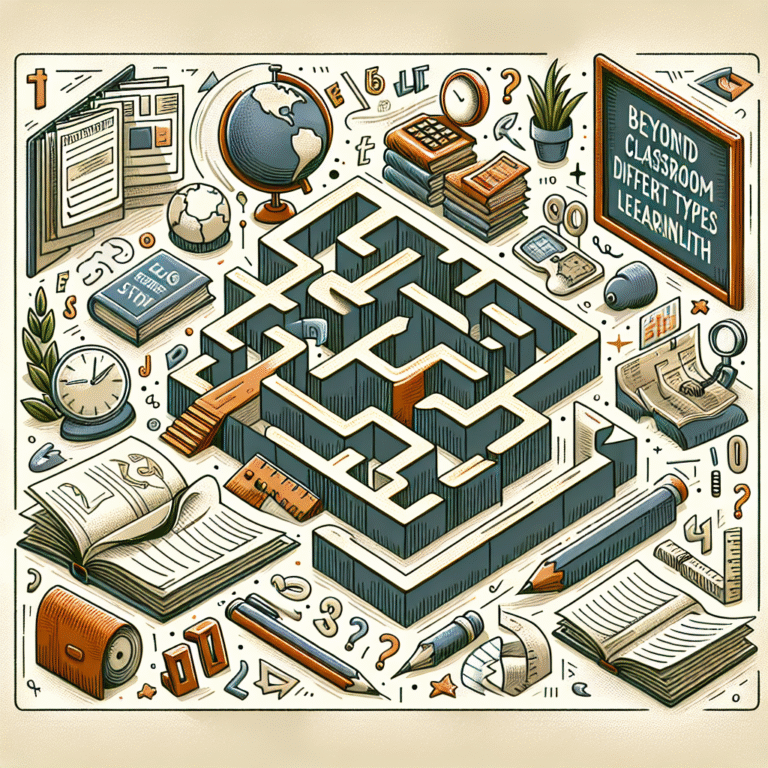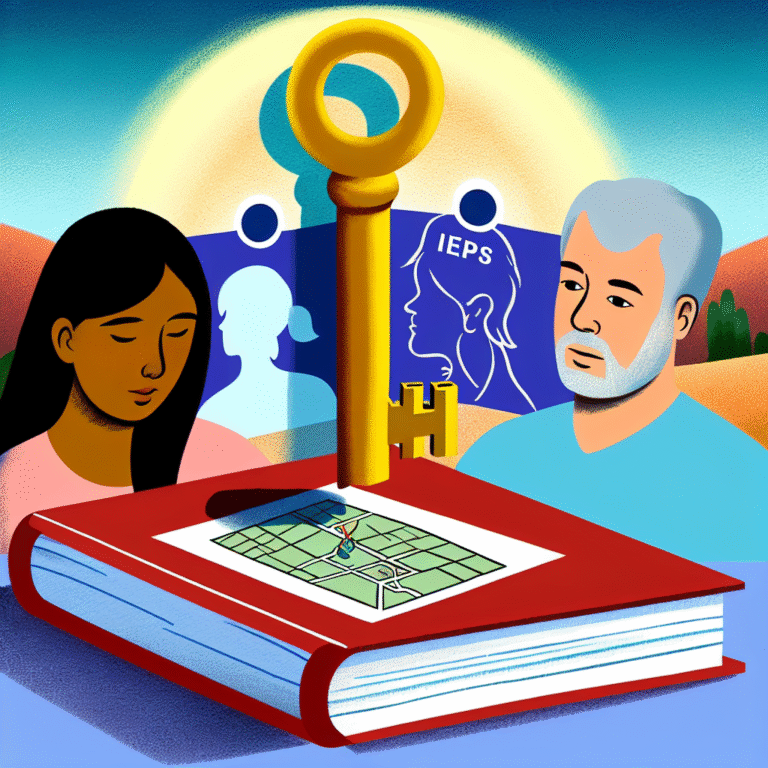
Introduction
In a world that often equates self-love with self-indulgence, we face a profound misconception: that prioritizing ourselves somehow diminishes our capacity to care for others. However, the truth is that self-love is not just a trendy buzzword; it’s a foundational aspect of healthy relationships, both with ourselves and others. When we understand why self-love isn’t selfish and embrace its role in our connections, we cultivate healthier, more fulfilling bonds. This article delves deep into the crucial relationship between self-love and healthy relationships, shedding light on the impact of self-love on our interactions and emotional well-being.
The Essence of Self-Love
Defining Self-Love
Self-love is more than just pampering yourself with a spa day or indulging in a favorite dessert. It embodies a deep sense of respect and appreciation for oneself. It includes understanding your own worth, recognizing your needs, and nurturing your mind, body, and spirit. Self-love becomes apparent in how we treat ourselves during tough times, our internal dialogue, and the boundaries we set.
The Misconception of Selfishness
The pivotal question remains: why is self-love often misconceived as selfishness? Many people fear that focusing on their own needs may lead to neglecting loved ones or appearing self-absorbed. However, the truth is unequivocal: healthy self-love serves as a pillar on which strong relationships are built.
The Ripple Effect of Self-Love on Relationships
Healthy Boundaries
Self-love empowers us to establish and maintain healthy boundaries. When we respect ourselves, we communicate more effectively about what we need in relationships—thus prompting others to do the same. This two-way exchange fosters understanding and prevents resentment.
Emotional Well-Being
Did you know that self-love promotes emotional resilience? When we nurture our self-esteem, we become more equipped to handle life’s ups and downs. As a result, we bring our best selves to our relationships. Research shows that individuals with high self-esteem experience more satisfaction in their romantic relationships, creating a positive feedback loop of love and support.
Case Study: The Johnsons’ Journey
Take the example of Sarah and Ben Johnson, a couple who struggled with constant arguments stemming from unmet expectations. After Sarah sought therapy and learned about self-love, she began setting boundaries and openly communicating her feelings. This shift led Ben to do the same, resulting in a healthier emotional climate in their relationship.
Enhanced Communication
Effective communication is another essential aspect impacted by self-love. When we appreciate ourselves, we become better listeners, empathizers, and communicators. Being self-aware allows us to express our thoughts clearly and respectfully. Conversely, when self-love is absent, people often resort to unhealthy communication patterns, including passive aggression or defensive reactions.
Reducing Codependency
Self-love plays a crucial role in breaking the cycle of codependency. Individuals who rely heavily on others for self-esteem often find themselves in unhealthy dynamics. By fostering self-love, we learn to appreciate ourselves independently, which can substantially reduce reliance on others for validation and approval.
Tables and Graphics: The Benefits of Self-Love in Relationships
| Aspect | Impact of Self-Love on Relationships |
|---|---|
| Communication | Improved clarity and less conflict |
| Emotional Resilience | Better handling of stress in relationships |
| Boundary Setting | Healthier relationship dynamics |
| Conflict Resolution | Enhanced ability to compromise and forgive |
The Power of Positive Affirmations
An essential tool in cultivating self-love and, consequently, better relationships is the use of positive affirmations. These simple yet powerful statements boost self-esteem and reinforce self-worth. Here’s a brief table of some affirmations you might find helpful:
| Affirmation | Purpose |
|---|---|
| "I am worthy of love and respect." | Reinforces self-worth |
| "My needs are valid." | Encourages self-advocacy |
| "I can express my feelings openly." | Promotes healthy communication |
Self-Love in Various Relationships
Romantic Relationships
In romantic partnerships, self-love is critical for a balanced dynamic. Both partners need to feel valued and cherished. When individuals practice self-love, they contribute to a more enriched relationship. They understand their emotional needs and can communicate them, thereby alleviating misunderstandings and fostering intimacy.
Friendships
Friendships also benefit immensely from self-love. Friends who prioritize self-care can be more present and supportive. They recognize they are worthy of mutually supportive relationships, leading to deeper bonds. Friends must encourage each other’s growth, and self-love fosters an environment that celebrates this.
Family Dynamics
With family, self-love impacts the overall atmosphere. When one person in a family unit practices self-love, it can inspire others to do the same. Healthy respect and nurturing within families can cultivate a nurturing environment for everyone.
The Science Behind Self-Love
A growing body of research supports the significant impact of self-love on relationships. According to a 2020 study published in the journal Personality and Individual Differences, self-compassion is positively correlated with emotional intelligence and relationship satisfaction. This data underlines the notion that investing in self-love culminates in healthier relationships.
Common Concerns About Self-Love
1. Is self-love selfish?
No, self-love is essential. By valuing ourselves, we can better care for others without falling into the trap of self-neglect.
2. How do I begin practicing self-love?
Start by identifying your needs and boundaries. Incorporate positive affirmations and pursue activities that nourish your spirit.
3. Can self-love save a failing relationship?
While self-love is a crucial foundation, relationships require mutual effort. However, it can create a healthier environment for healing and growth.
4. Is self-love the same as self-care?
Self-care refers to actions taken to maintain physical, emotional, and mental well-being, while self-love is the underlying belief in your value that can guide those actions.
5. How can I help loved ones with self-love?
Encourage open conversations about feelings, model self-love through your actions, and support their journey toward self-acceptance.
Conclusion
At the heart of healthy relationships lies the precious concept of self-love. Understanding why self-love isn’t selfish allows us to embrace it as an essential aspect of our emotional toolkit. By investing in ourselves, we cultivate our capacity to give and receive love more fully. It’s not about taking away from others but enriching our relationships through personal growth.
As we nurture self-love, we pave the way for deeper connections, enhanced communication, and healthier dynamics. So take a moment today to appreciate your own worth. The power of self-love doesn’t just transform you; it touches everyone you meet.
Invest in self-love, and watch your relationships blossom. Remember, loving yourself is not just vital for you—it’s essential for everyone you care about.
FAQs
This section addresses five important questions regarding self-love and its impact on relationships, promoting a more profound understanding of this vital concept.
By fostering self-awareness and prioritizing self-care, individuals can positively influence their relationships, creating a nurturing cycle of love and understanding. Embrace self-love today for a more fulfilling tomorrow!




